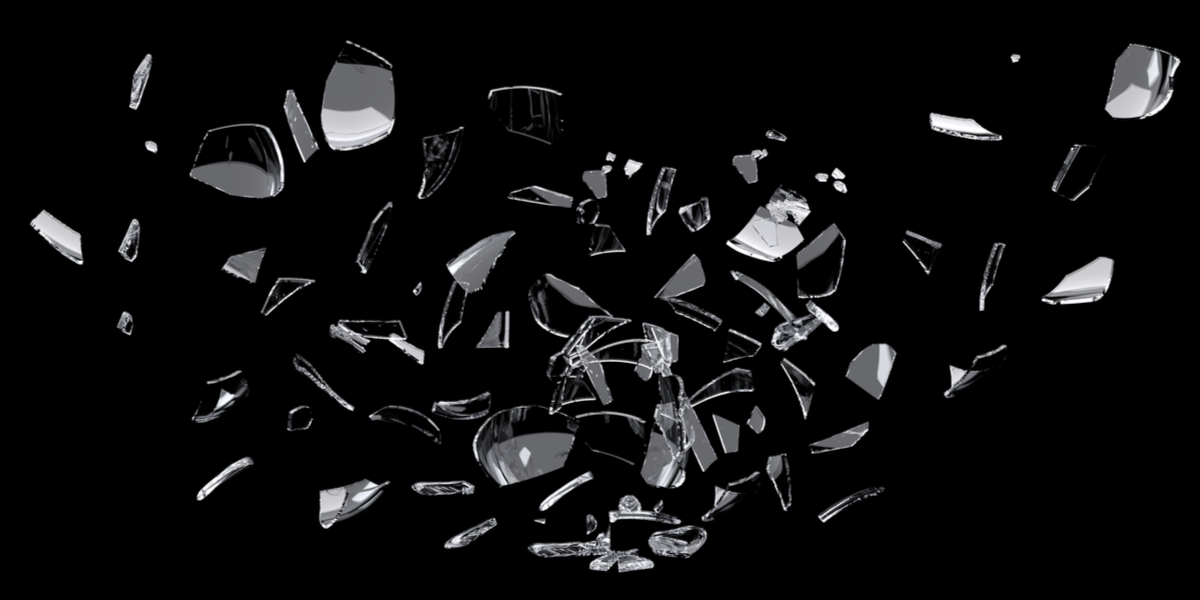Electronic Frontier Foundation co-founder John Gilmore said that the internet routed around censorship. But what if the net stopped being one big, connected thing? National governments are busy walling off their own sections, and in some cases changing the technologies that underpin it. What's more, they're not stopping at their own borders.
The BRICS countries are all mentioned and for many the global Internet is an absolute saviour for human rights, whilst many countries at state level for the same reason see a global Internet as a threat.
This certainly poses problems for any centralised social media service (ie. Facebook) as it's easy to block or monitor such access.
Interestingly enough I've been delving more and more into alternative social networks and the number and variety of them is staggering. Here I'm talking about proper decentralised / federated networks (XMPP and ActivityPub protocols) as well as peer-to-peer networks. The P2P are especially interesting as they create their own virtual layer independent of any other network or the open Internet. Their data resides on each hard drive so there is just no central server to seize or block. Interesting communities are springing up, and they are far from political - some have an interest in programming, some on sailing, some on art, etc. Nothing subversive at all, but all are sick and tired of adverts and having their data and behaviours sold.
So know just one thing and that is that central networks are at the biggest risk of splinternets. I pity Big Tech a bit as they will become the easy targets in the future. The people though do have choices and clearly many are already moving off Big Tech.
See ^
Welcome to the splinternet – where freedom of expression is suppressed and repressed, and Big Brother is watching#
technology #
socialnetworks #
splinternet #
privacy #
bigtech
The new internets of Iran, China, and Russia are nothing like the original